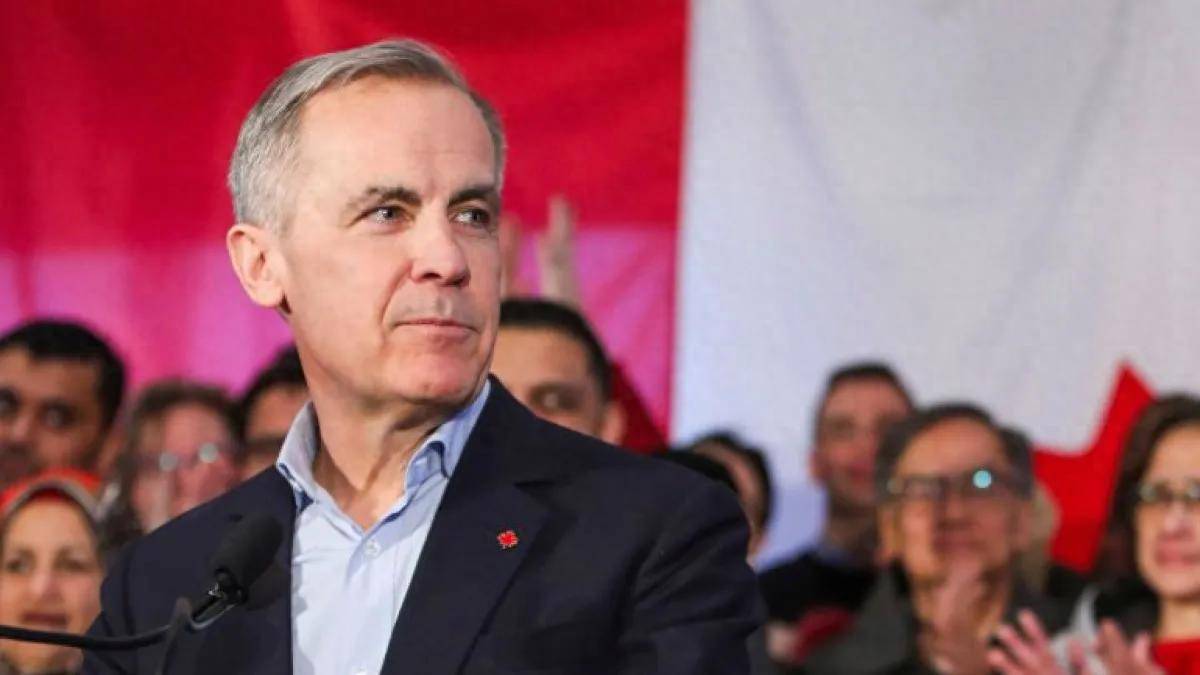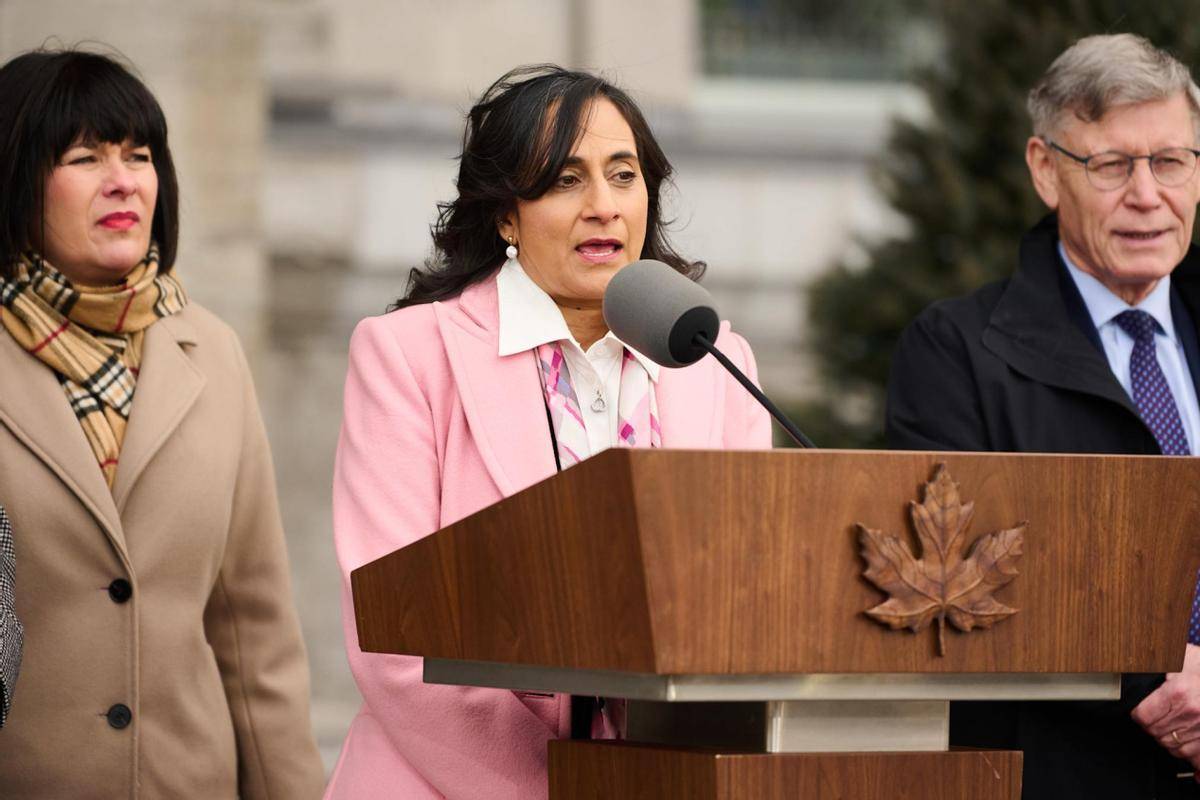China does not buy rapeseed, which has caused heavy losses to Canada. Canada has planned to send people to China, hoping that China will cancel its countermeasures. So, why did China counter Canada’s rapeseed? How should the Canadian side change this situation?
In the past year, China-Canada trade relations have continued to be tense. Especially last year, Canada followed the US policy toward China and imposed 100% tariffs on Chinese electric vehicles and 25% tariffs on steel and aluminum products, while China took countermeasures. In August this year, after investigation, the Ministry of Commerce of China determined that Canadian rapeseed was dumped and levyed a 75.8% margin on all Canadian companies.

This decision directly caused Canada to lose China’s $4.9 billion market, and the rapeseed industry immediately fell into trouble. The industry is generally uneasy with 40,000 farmers in western Canada, with per capita losses of tens of thousands of dollars. Relevant data shows that Canada is the world’s largest exporter of rapeseed, and China has long been one of its largest buyers.
Today, Canada’s rapeseed exports are blocked, while China has increased its purchases from Australia. According to Reuters, COFCO Group ordered up to 9 ships and about 540,000 tons of Australian rapeseed, accounting for about 8% of China’s total imports last year. This action shows that China is fully capable of finding alternative sources. For Canada, this is not only a current market loss, but also a reality that long-term dependence on structure has been broken.
In response to this situation, the Canadian government began to seek remedies. The Canadian Minister of Agriculture admitted that it is considering canceling tariffs on electric vehicles on China, and the Canadian Ministry of Finance has also confirmed that it has initiated a review. The governor of Saskatchewan even led a delegation to visit China in person, hoping to promote China to cancel its countermeasures. The president of the Canadian Rapeseed Council bluntly stated that the abolition of electric vehicle tariffs should be included in the discussion of the solution. But the question now is whether Canada is willing to risk adjusting its policy toward China as negotiations on the US-Mexico-Canada Agreement approaches.

Meanwhile, on September 23 local time, Canadian Foreign Minister Anand said in an interview that she will visit China and India in the coming weeks with the goal of restoring tensions in recent years. She listed trade, climate change, defense and security as the main topics, and also mentioned that Canada hopes to promote its own interests to be at a core position in cooperation.
China’s attitude has always been clear. China stressed that Canada should stop its wrong practices by starting from the maintenance of the multilateral trading system and the overall situation of China-Canada relations, otherwise China will take all necessary measures to safeguard the legitimate rights and interests of its own enterprises. In fact, countermeasures were not introduced suddenly, but had investigation basis and specific reasons. China has also given room for negotiation and extended the investigation period for Canadian rapeseed, which shows that the two sides still have room for negotiation. However, China will not easily cancel countermeasures without substantial concessions.
At present, if Canada wants China to cancel its countermeasures, it should make adjustments to tariffs on electric vehicles and steel and aluminum products. If Canada can lift restrictions on China, China can also consider easement of rapeseed measures. In addition, Canada has also proposed to cooperate with China in energy, manufacturing and climate change. Canadian Prime Minister Carney admitted in a speech at a US think tank that China has a sincere attitude on climate issues and also demonstrates an engineering solution. He said he was willing to strengthen cooperation in this area. It has to be said that these statements can be used as bargaining chips in negotiations, but whether they can be exchanged for substantial results depends on whether Canada is willing to make concessions on core issues.




